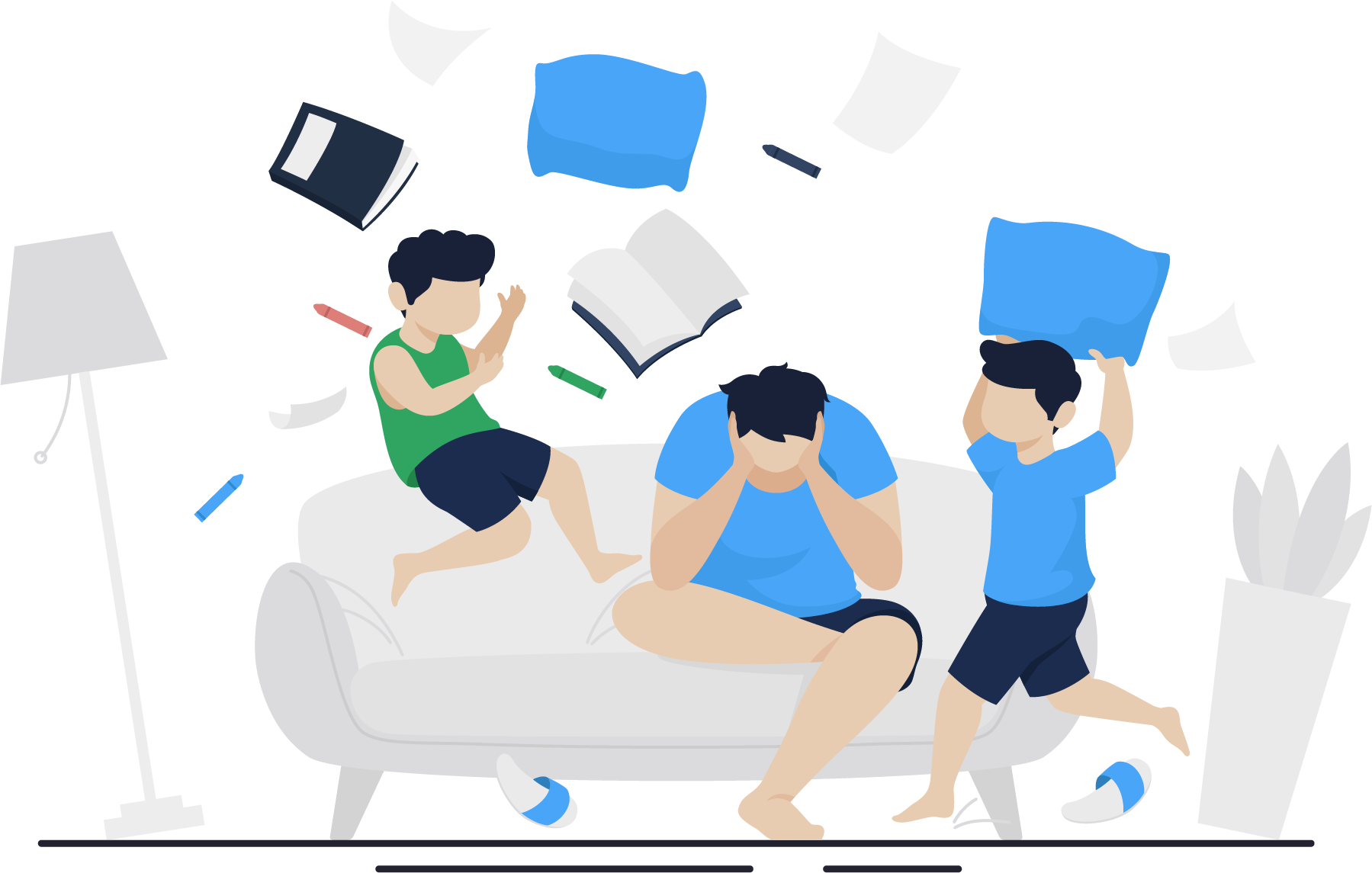
Disruptive Behavior and Dissocial Disorders
Disruptive Behavior and Dissocial Disorders encompass a category of behavioral conditions that include two primary disorders: Conduct Disorder and Oppositional Defiant Disorder. These disorders are characterized by persistent and problematic behavior patterns, which can significantly impact a person’s interactions with others and their adherence to societal norms, rules, or laws.
Conduct Disorder (CD): This disorder involves persistent and severe behaviors that consistently violate the fundamental rights of others or established societal norms and laws. Individuals with CD may engage in aggressive actions, theft, vandalism, or deceit, among other behaviors. It often signifies a more severe and enduring pattern of disruptive conduct.
Oppositional Defiant Disorder (ODD): ODD, on the other hand, is characterized by persistent defiance, disobedience, and a tendency to argue with authority figures, such as parents, teachers, or other adults. While individuals with ODD may display challenging behavior, it generally does not involve the severe violations of others’ rights seen in CD.
Both of these disorders typically become apparent during childhood or adolescence and may lead to difficulties in school, strained family relationships, and interactions with the legal system.
Effective intervention is crucial for individuals with disruptive behavior and dissocial disorders, and treatment options may include:
Behavioral Therapy: Cognitive-behavioral therapy (CBT) and other forms of therapy can help individuals with these disorders develop better coping skills, anger management, and problem-solving abilities.
Family Therapy: Involving the family in treatment can address interpersonal dynamics and improve communication within the family unit.
Medication: In some cases, medication may be prescribed to manage specific symptoms, such as aggression or impulsivity.
Early identification and intervention, as well as a supportive and structured environment, play a vital role in helping individuals with these disorders develop more adaptive behaviors and improve their quality of life.
